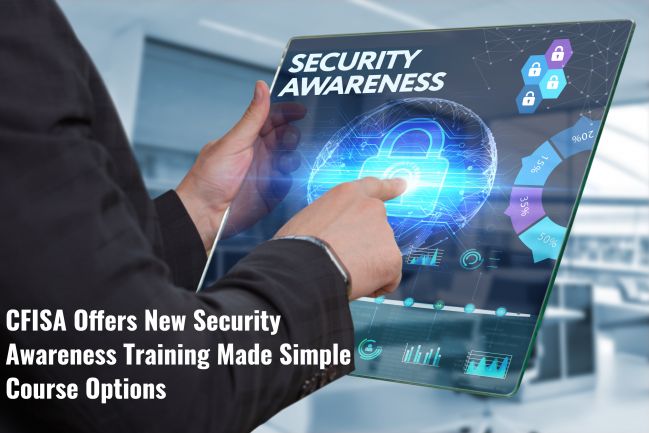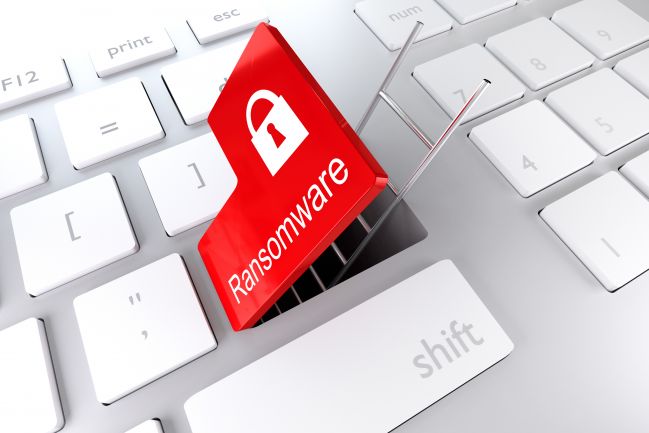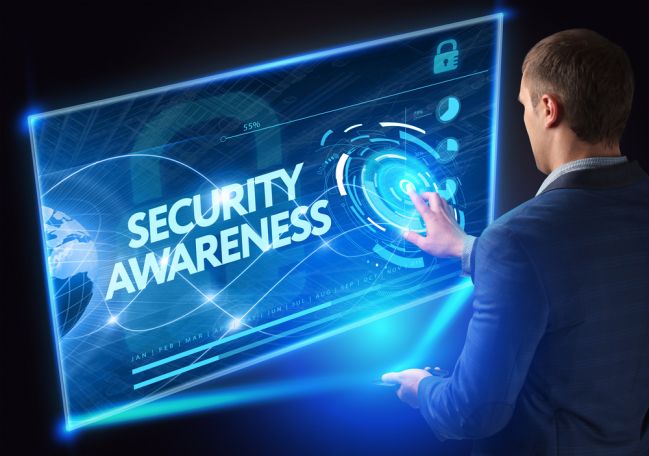Without Continued Employee Training, You Are Subject to Repeat Ransomware Attacks
On average, ransomware attacks cost businesses $13,000. The malware’s demands for rescuing your files are getting higher all the time. You may think that if you manage to recover from a ransomware attack once, you’ll be safe. This couldn’t be further from the truth. Over half of ransomware’s victims suffer repeat attacks. Right now, you’re probably wondering how… Read more »






